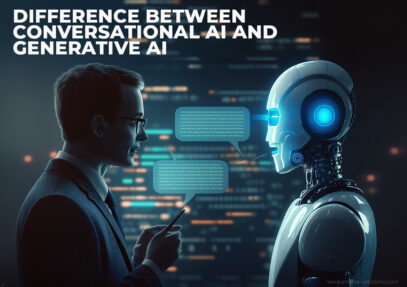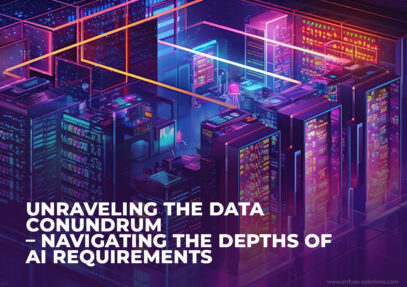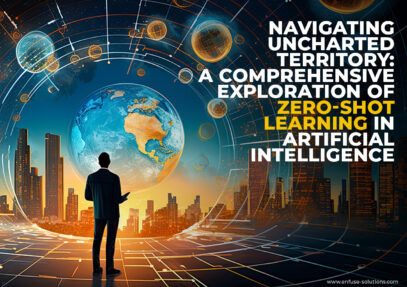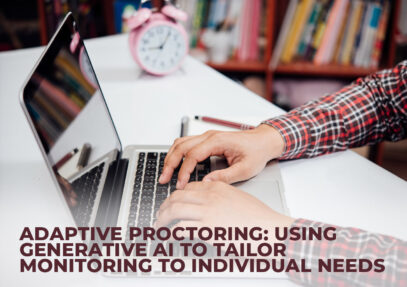
The gaming industry constantly seeks innovation to heighten immersion and storytelling prowess, and harness modern technology. As games advance in complexity and ambition, developers face the imperative to streamline workflows and enhance collaboration.
Annotation tools emerge as pivotal in this evolution, revolutionizing age-old game development methods. Their significance cannot be overstated; these tools empower developers to sculpt intricate environments and breathe life into characters.
What Are Annotation Tools?
Annotation tools are software programs that can be used to add notes, comments, and labels on different kinds of digital content. These tools have many advanced features. They make it easy for developers to share ideas and give specific feedback. At the same time, they help in keeping detailed records orderly and organized.
The worldwide market for data annotation is predicted to grow from $3.9 billion in 2023 to $15.2 billion by 2032 (Custom Market Insights). This strong growth path, especially seen in the gaming area, shows a rising need for these instruments across various fields.
Types Of Annotation Tools
- Document Annotation Tools: These tools let users add notes, highlight text, make comments, and other extra writings to any text document such as PDFs, word documents, or webpages. Examples – Adobe Acrobat, Hypothes.is, Kami, WebNotes, Diigo.
- Image Annotation Tools: Users can make notes on images by drawing shapes, adding labels, and commenting on the image. Examples – LabelBox, Praat, VGG Image Annotator, Iconomy.
- Video Annotation Tools: The tools are designed for marking up video content, letting users add time-stamped notes, transcripts, or tags at specific points in the video. Examples – VIAN, Vatic, Anvil, ELAN.
- Collaborative Annotation Tools: These tools allow for multiple users to collectively annotate, giving them a chance to share, discuss, and collaborate on annotations in a shared space. Examples – Hypothesis, Diigo, Markup.io, A.nnotate.
- Code Annotation Tools: These special tools for annotating source code allow developers to include comments, explanations, or documentation right into the code editor or integrated development environment (IDE). Examples – Visual Studio, IntelliJ IDEA, PyCharm, and GitHub’s native code annotation.
- Web Annotation Tools: These tools allow users to highlight, comment, or add sticky notes to the rendered page itself. Users can annotate web pages, websites, or content presented online. Examples – Hypothes.is, Genius Web Annotator, Diigo.
- Qualitative Data Analysis Tools: These tools are often used by social science and research scholars to make notes and examine qualitative data like interview transcripts, field observations, or other text-based information. Examples – NVivo, ATLAS.ti, MAXQDA, Dedoose.
How Game Developers Use Annotation Tools?
1. Building Immersive Worlds
The foundation of any game lies in its environment. Annotation tools empower developers to construct detailed and realistic landscapes with meticulous precision.
- Terrain Annotation: Gone are the days of hand-crafting every detail. Tools allow for the designation of specific areas – “forest,” “desert,” “mountain range” – which can then guide automated terrain generation or optimize resource placement for maximum visual impact.
- Object Labeling: Worlds come alive with the strategic placement of objects. Annotations enable the identification of everything from trees and buildings to interactive props, facilitating the creation of a rich and detailed environment that fosters player engagement.
- Immersive Soundscapes: Sound design plays a critical role in establishing the atmosphere. Annotation tools allow for the precise placement of ambient sounds like wind or wildlife calls, as well as the tagging of objects with corresponding sound effects, further enhancing the sense of immersion.
2. Breathing Life Into Characters
Memorable characters are the lifeblood of many games. Annotation tools provide developers with the necessary precision to craft characters that resonate with players.
- Facial Expression Tagging: Evoking a range of emotions in characters is crucial for storytelling. By meticulously tagging facial expressions during animation, developers ensure characters convey the intended emotions believably in various scenarios.
- Refined Voice Acting: Delivering impactful voice acting necessitates clear and concise direction. Annotation tools empower directors to pinpoint specific lines and provide feedback on tone, emotion, and timing, resulting in a more nuanced and engaging performance
3. Optimizing The Development Pipeline
The benefits of annotation tools extend far beyond world-building and character design. They serve as a powerful catalyst for enhanced communication and collaboration within development teams.
- Efficient Bug Tracking: Identifying and resolving bugs is paramount for a polished gaming experience. Annotation tools enable developers to pinpoint issues directly within the game environment, attaching comments and screenshots for clear communication and faster resolution.
- Streamlined Feedback Loops: Annotation instruments empower designers and artists to offer focused feedback directly on in-game components, such as character sculptures or level arrangements, guaranteeing that developers receive unambiguous and effective counsel.
- Simplified Version Control: Maintaining a meticulous version control system during the development process is essential. This can be achieved through the linkage of annotations to individual game versions, creating a transparent audit trail, and facilitating thorough review and monitoring of modifications over time.
Benefits Of Using Annotation Tools
- Streamlined Collaboration: Efficient workflows result from annotation tools that facilitate real-time sharing of feedback and insights, streamlining collaboration and reducing reliance on lengthy email threads or meetings.
- Efficient Asset Management: The implementation of notation instruments enhances the asset management‘s efficacy by permitting developers to arrange and inscribe digital possessions, facilitating the discovery, comprehension, and repurposing thereof across the development procedure.
- Iterative Design And Review: The process of iterative design and review is greatly enhanced with the use of annotation tools, as they allow for contextual feedback to be provided directly on assets or designs. This ensures that each subsequent iteration includes essential enhancements.
- Visual Communication: Visual communication becomes even more impactful with the use of annotation tools, empowering developers to effectively convey ideas and provide feedback through images, videos, and other visual assets. This greatly minimizes any potential for miscommunication.
- Documentation And Knowledge Sharing: Annotation tools play a crucial role in archiving and exchanging expertise, as they compile a vault of discoveries, choices, and optimal methods for present and future colleagues. They promote the transfer of knowledge and retain institutional remembrance.
Conclusion
Annotation tools revolutionize game development by enabling collaboration, streamlining asset management, facilitating iterative design, enhancing visual communication, and promoting knowledge sharing. These tools go beyond technology; they embody a philosophy of efficiency, transparency, and innovation. Empowering developers to create immersive worlds with engaging characters and streamlined workflows ultimately enhances the gaming experience for both creators and players alike.
Are you prepared to transform the way you annotate data? We present EnFuse’s annotation services, a provider of platforms that are smart in marking and finding certain types of information. This method helps businesses use ML and AI more effectively. Our annotations are thoroughly checked for quality by knowledgeable analysts, and our services can be adjusted to fit your special requirements. Want to join forces on your next project? Reach out and begin the journey of maximizing your data-focused efforts today.

















Comment